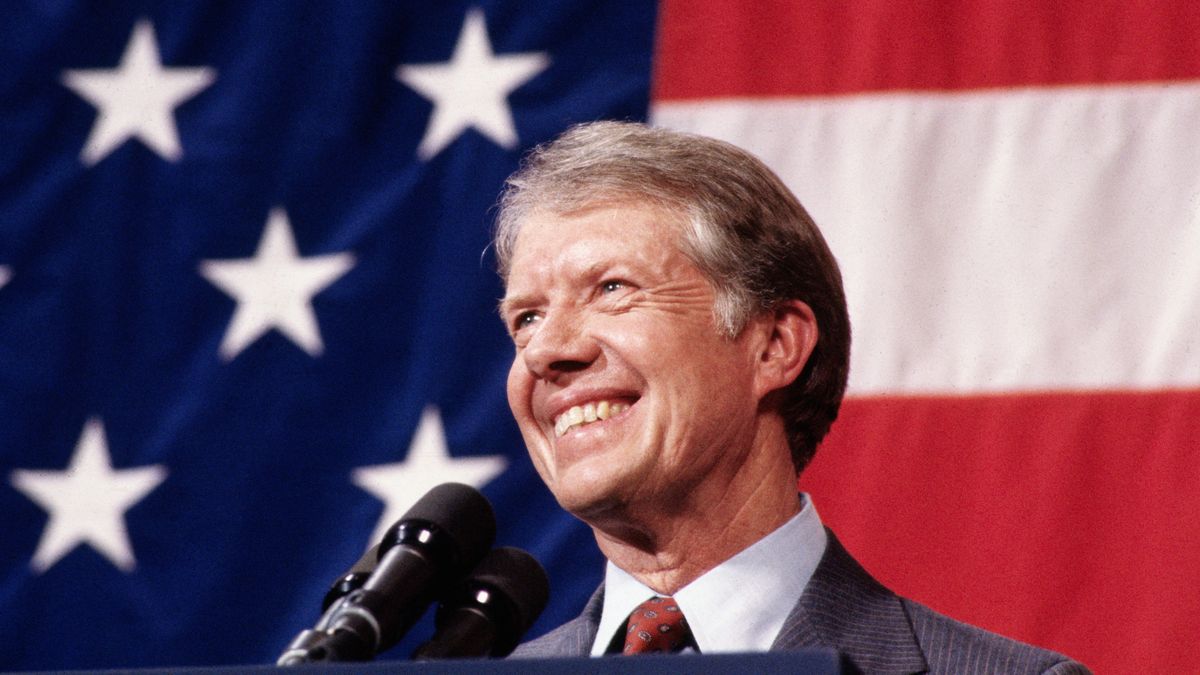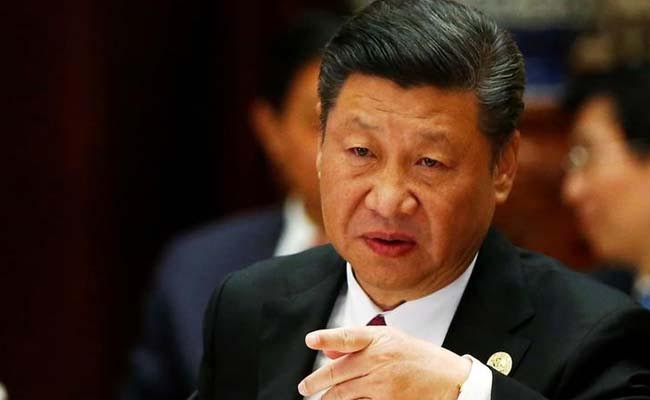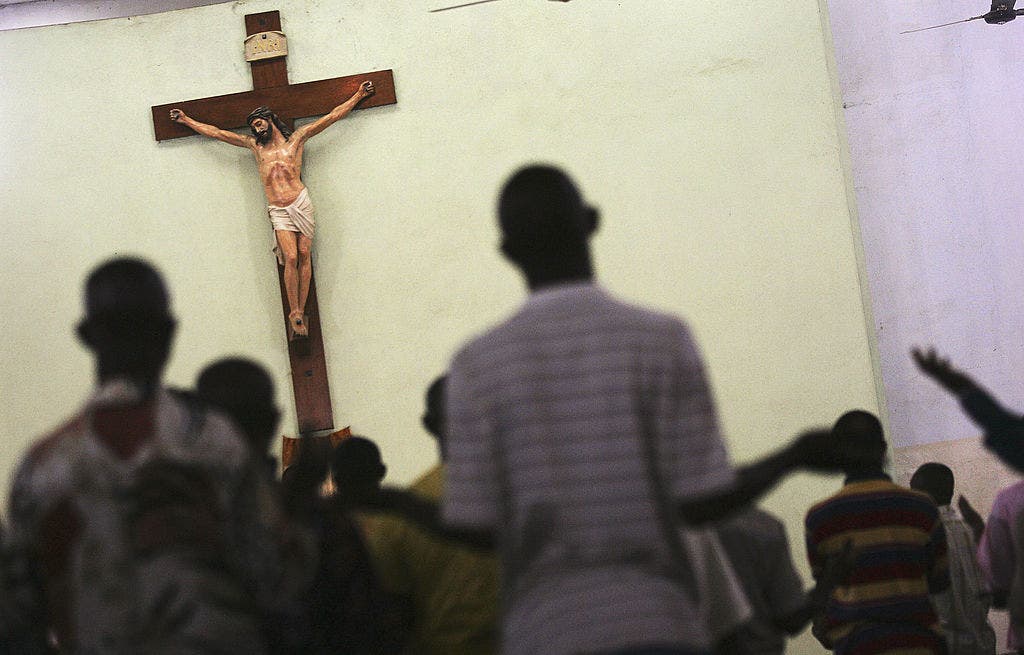Jimmy Carter, the 39th president of the United States, has died aged 100.
A “broker of peace in the Middle East in his time, and a tireless advocate for global health and human rights”, Carter was the “longest-lived president in US history”, said The Guardian.
Serving only one term in the White House between 1977 and 1981 before being beaten by Ronald Reagan, his tenure as president was remembered by most Americans as “ineffective”, most notably over his handling of inflation and interest rates, as well as his failure to bring home American hostages held in Iran quickly, said ABC News.
Subscribe to The Week
Escape your echo chamber. Get the facts behind the news, plus analysis from multiple perspectives.
SUBSCRIBE & SAVE
Sign up for The Week’s Free Newsletters
From our morning news briefing to a weekly Good News Newsletter, get the best of The Week delivered directly to your inbox.
From our morning news briefing to a weekly Good News Newsletter, get the best of The Week delivered directly to your inbox.
The “common view” is that Carter was a better global leader after his presidency; a judgement that is said to have “annoyed” Carter. In more recent years, however, “his allies relished him living long enough to see historians reassess his presidency”.
Taking office in 1977 as a relative unknown – and sometimes derided as “Jimmy Who?” – Carter’s “unfamiliarity with Washington was seen as a virtue after the Watergate and Vietnam war years”, said The Guardian.
His early years showed “promise”, completing a treaty to hand over control of the Panama Canal to its host country, and bringing together the Israeli prime minister, Menachem Begin, and the Egyptian president, Anwar Sadat, “for a deal that would produce peace that endures today”.
Yet hopes for his presidency were “dashed” by several economic and foreign policy crises, “starting with high unemployment and double-digit inflation and culminating in the Iran hostage crisis“. A “botched” rescue attempt left eight US servicemen dead, only further feeding growing doubts about Carter’s leadership. The hostages would be released in 1981, minutes after Reagan was inaugurated as the 40th president of the United States.
“What nobody anticipated at the time, however, was that Carter would go on to become, by common consent, the ‘best former president America has ever had,'” said The Times. “Possessed of an almost missionary zeal”, he spent the four decades after leaving office as a “sort of one-man United Nations”.
After leaving office, Carter “became dedicated to promoting democracy, monitoring elections, building homes with Habitat for Humanity and eradicating disease in some of the world’s poorest countries”, said NPR. In 2002, he won the Nobel Peace Prize, “an honour some said he had earned a quarter century earlier when he negotiated the Camp David accords“, said NPR. He ended his acceptance speech with a plea for peace: “War may sometimes be a necessary evil, but no matter how necessary, it is always evil, never a good. We will not learn how to live together in peace by killing each other’s children.”
“Carter showed the country that presidents’ duty to serve extends well beyond their years in office,” said The Atlantic. He left the Oval Office “a virtual laughing stock” but “left this earthly life a model of moral leadership”.
What next?
Carter will be honoured with a state funeral in Washington on 9 January, a national day of mourning in the US. He will then be buried in his hometown of Plains, Georgia, next to his late wife, Rosalynn.











